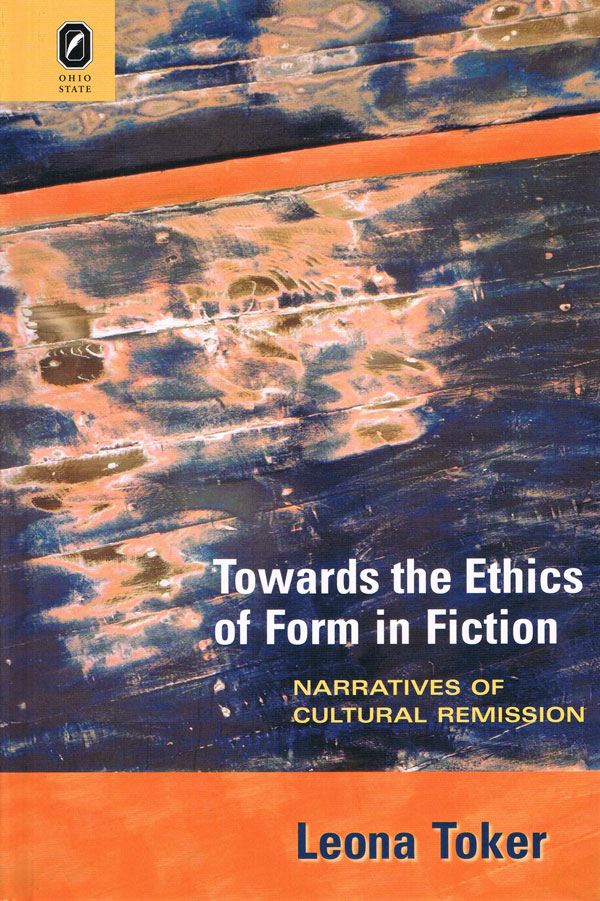Towards the Ethics of Form in FictionNarratives of Cultural RemissionLeona TokerTheory and Interpretation of Narrative |
 3/8/2010 Literary Criticism/General 240 pp. 6x9  $54.95 cloth 978-0-8142-1122-9 Add cloth to shopping cart $14.95 CD 978-0-8142-9220-4 Add CD to shopping cart $27.95 paper 978-0-8142-5255-0 Add paper to shopping cart Shopping Cart Instructions Review/Change Shopping Cart & Check-out | |||
|
Explore More Partial Answers: Journal of Literature and the History of Ideas The Connotations Society for Critical Debate The International Society for the Study of Narrative Eloquent Reticence: Withholding Information in Fictional Narrative (Leona Toker) Return from the Archipelago: Narratives of Gulag Survivors (Leona Toker) |
“Those familiar with Leona Toker’s work will recognize some of its characteristic strengths in this new book. She has a very keen eye for telling textual detail, a self-conscious awareness of the ethical and interpretive implication of analytical techniques, and an unwavering respect for the texts with which she engages. Towards the Ethics of Form in Fiction is an important book that I have no hesitation in recommending to students and scholars of narratology.” —Jeremy Hawthorn, professor of modern British literature at the Norwegian University of Science and Technology Scholars and critics have long recognized the need for ethical criticism to address not only the idea-content but also the morphological aspects of narrative, yet the search continues for ways to study the ethics of narrative form. In Towards the Ethics of Form in Fiction: Narratives of Cultural Remission, Leona Toker suggests a method of linking formal features of narratives with the types of moral vision that they represent. Toker is especially interested in cultural remissions such as the carnivalesque—that is, the inverting of standard cultural hierarchies or the blurring of boundaries between normally separated social groups, actors and audiences, self and other. She argues that cultural remissions have the potential not simply to provide a break from the determinacies of our quotidian existence but also to return us to that existence with some alteration of our perceptions, beliefs, and values. Toker contends that the ethical consequences of reading fiction result from features of its aesthetics, particularly what she calls, following the semiotician Louis Hjemslev, “the form of the content”—the patterns arising from the artistic deployment of narrative details. In addition to addressing the carnivalesque discourse of Bakhtin as well as the theory of oppositionality developed by de Certeau and Chambers, she puts theory into practice through detailed analyses of canonical texts by Fielding, Sterne, Austen, Hawthorne, Dickens, Conrad, Joyce, and other writers.
| |||


 Leona Toker
Leona Toker